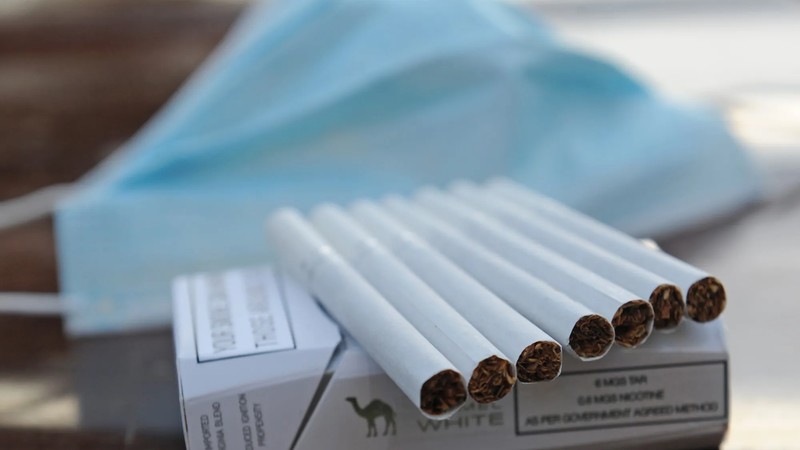Tax Justice SA (TJSA) is urging the government to reconsider its proposed 2% increase in Value Added Tax (VAT), suggesting that the solution to generating needed revenue lies in tackling South Africa’s illicit cigarette trade. The proposed VAT hike, which would raise the tax from 15% to 17%, has sparked controversy and was a major point of contention during the recent budget discussions. On Wednesday, Finance Minister Enoch Godongwana was expected to table the national budget, but the session was postponed due to disagreements over the VAT increase.
President Cyril Ramaphosa explained that the delay was due to differing views within Cabinet but emphasized that the decision to revisit the budget was made in a spirit of collaboration to ensure the well-being of the nation’s economy and citizens. Amid this political tension, TJSA has highlighted an alternative source of revenue—combating the rampant illicit cigarette trade. According to TJSA’s analysis, cracking down on the illegal cigarette market could yield financial results similar to the proposed VAT increase. The organization pointed out that a 1% rise in VAT would have raised R29 billion in the 2023/24 fiscal year.
Furthermore, a study by Oxford Economics showed that South Africa lost R27.1 billion in 2022 alone due to the illicit trade of cigarettes, which operates largely unchecked. TJSA founder Yusuf Abramjee argued that by focusing on eradicating this illegal industry, the government could generate vital tax revenue without adding additional financial strain on ordinary citizens already struggling to cope with the rising cost of living.
Abramjee’s frustration was palpable, as he questioned why law-abiding citizens should bear the brunt of higher taxes when criminal syndicates are siphoning billions of rands away from the country. He called for more decisive action to enforce the law, saying that instead of burdening consumers with higher VAT, authorities should make the dismantling of illicit cigarette networks a priority.
South Africa is one of the world’s largest markets for illegal cigarettes, with an estimated two out of every three cigarettes sold avoiding taxes. TJSA attributes this situation to weak law enforcement, corruption, and policy failures, which have allowed this illicit trade to thrive and deprive the South African Revenue Service (SARS) of crucial funds.
Abramjee’s call for stronger enforcement is clear. He urges the government to increase efforts to shut down rogue cigarette manufacturers and to empower SARS to take more proactive measures, such as installing CCTV in tobacco factories to monitor activity. According to Abramjee, the solution is straightforward—if the government wants to balance its budget and secure the country’s financial future, it must ensure that all taxpayers, including criminals profiting from the illicit cigarette trade, pay their fair share.
Rather than turning to increased VAT, TJSA believes the government should first focus on enforcing the law and tackling the sources of lost revenue within the country. By addressing the illegal cigarette trade head-on, South Africa could resolve its financial challenges without further burdening its already struggling citizens.
